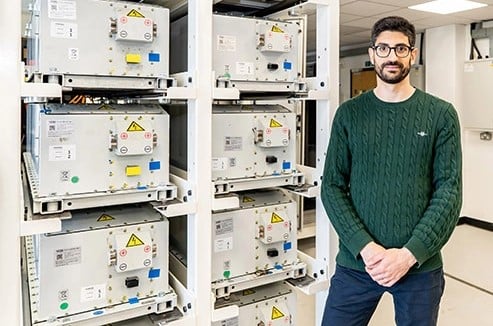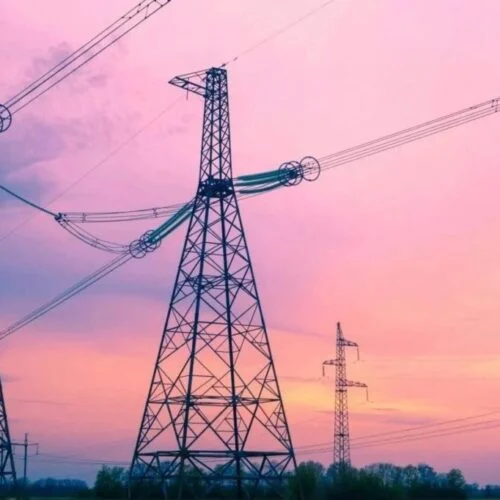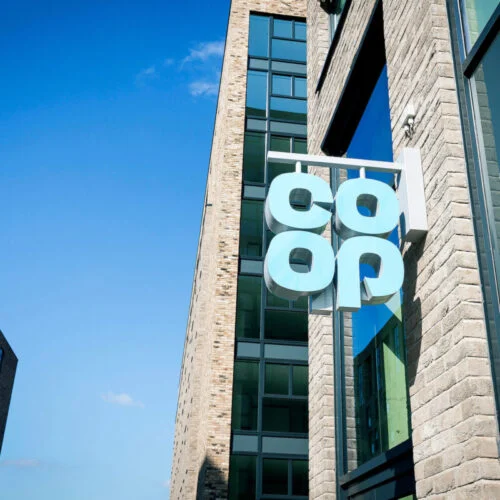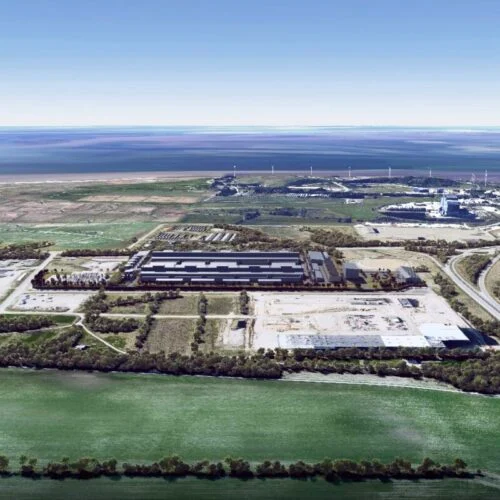Connected Energy has announced that it has partnered with Forsee Power to jointly design and develop a new kind of battery energy storage system (BESS) using second-life batteries from electric buses.
The system will utilise Forsee Power’s ZEN 35 and ZEN 42 batteries, which Forsee Power states are currently in use in around 1,500 electric buses in Europe. Once these batteries have reached the end of their useful life in electric vehicles, they can be combined and deployed in battery storage systems that can be used in a variety of scenarios, including behind-the-meter or supporting renewable energy generation.
The companies state that they are both committed to scaling up the development of this technology in order to meet global demand for energy storage. According to Forsee Power, the first 2.5MWh system will be operational in the UK in the final quarter of this year, with larger-scale projects typically exceeding 25MWh set to follow across the UK and France.
Matthew Lumsden, CEO of Connected Energy, said that the partnership represented “a significant step forward” in delivering a second-life economy for EV batteries. He added: “The availability of second-life batteries is increasing rapidly, and the best way to realise the value in them is through partnerships that span the value chain.”
Christophe Gurtner, chairman and CEO of Forsee Power, agreed, adding that the significant number of second-life batteries the company has access to across the world means the potential future of this system is “huge”.
Second life, second chance
As the EV market matures and more batteries reach the end of their useful lifespan, an increasing number of firms are considering how to best use second-life batteries.
Second life BESS firm Evyon announced last week that it is joining forces with EV charging infrastructure provider Elywhere in order to expand the reach of both companies. Evyon will provide second life batteries to Elywhere to support the latter’s EV charging infrastructure across Europe.
Meanwhile, battery recycling is also becoming an increased focus in the EV market. Last month, UK-based clean technology firm Altilium announced that it has begun construction of its EV battery recycling facility in Plymouth, Devon, which once complete, will have the capacity to recover critical battery minerals, including lithium, nickel and graphite from up to 24,000 EVs each year.






